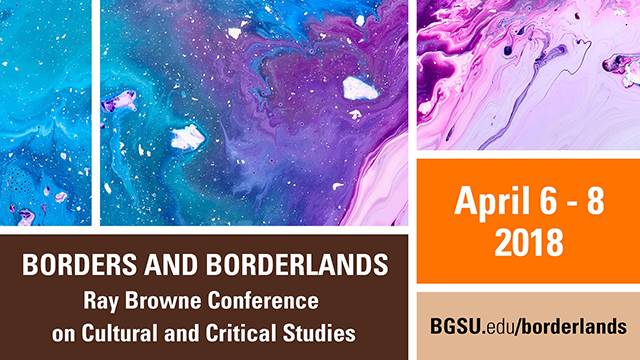
Concurrent Panel Session Four
Can My Experience Speak? The Border between Theory and Experience
Start Date
7-4-2018 10:30 AM
End Date
7-4-2018 11:20 AM
Abstract
In Bodies of Knowledge: Definitions, Delineations, and Implications of Embodied Writing in the Academy, Knoblauch states that embodied knowledge is “knowledge that is very clearly connected to the body…. [it] often begins with bodily response—or what we might call ‘gut reactions.’ As a trigger for meaning making that is rooted so completely in the body, embodied response is rarely legitimated in academia” (54). This kind of knowledge is extremely important because it not only points to bodily response as a form (or cue) of knowing, but, furthermore, it also evokes the knowledge one gains from lived experience.
One’s lived experience informs one’s “gut reaction.” For example, as a black man, I have a gut reaction when, as I walk through a grocery store, I see a fellow shopper clutch her purse and hurry the other way in (apparent) fear. When academics responding to testimonials such as this with discussions on social constructionism, they may actually be doing more harm than good. As Spivak puts it, many intellectuals valorize the experience of the oppressed while ignoring the historical role of the intellectual in oppression (69). Letting stories about lived experience inform one’s theories may be vital in closing the gap between theory and material reality. This essay suggests that, as teachers, it is paramount that we listen closely to those who we theorize about because sometimes our theorizations and their lived experiences clash.
Can My Experience Speak? The Border between Theory and Experience
In Bodies of Knowledge: Definitions, Delineations, and Implications of Embodied Writing in the Academy, Knoblauch states that embodied knowledge is “knowledge that is very clearly connected to the body…. [it] often begins with bodily response—or what we might call ‘gut reactions.’ As a trigger for meaning making that is rooted so completely in the body, embodied response is rarely legitimated in academia” (54). This kind of knowledge is extremely important because it not only points to bodily response as a form (or cue) of knowing, but, furthermore, it also evokes the knowledge one gains from lived experience.
One’s lived experience informs one’s “gut reaction.” For example, as a black man, I have a gut reaction when, as I walk through a grocery store, I see a fellow shopper clutch her purse and hurry the other way in (apparent) fear. When academics responding to testimonials such as this with discussions on social constructionism, they may actually be doing more harm than good. As Spivak puts it, many intellectuals valorize the experience of the oppressed while ignoring the historical role of the intellectual in oppression (69). Letting stories about lived experience inform one’s theories may be vital in closing the gap between theory and material reality. This essay suggests that, as teachers, it is paramount that we listen closely to those who we theorize about because sometimes our theorizations and their lived experiences clash.

